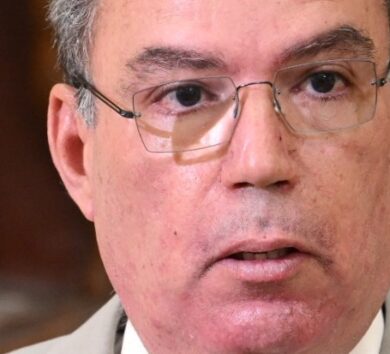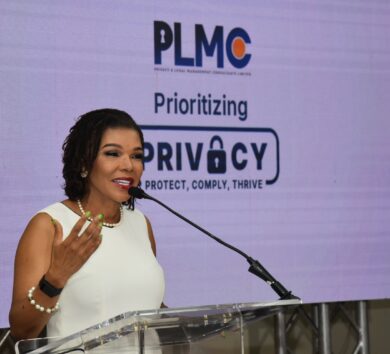

In the ever-evolving landscape of social media, recent headlines have brought to light a stark reminder of its power and pitfalls.
From the corridors of law enforcement to the hallowed halls of legal practice, individuals entrusted with upholding standards of professionalism have found themselves entangled in controversies stemming from their online conduct. One need only glance at the latest news to witness members of the security forces engaging in what has been described as unprofessional behaviour on a particular social media platform.
These incidents serve as vivid illustrations of the profound impact of irresponsible online actions, shedding light on the imperative for individuals across all sectors to exercise discretion and uphold the integrity of their respective professions in the digital realm.
The pervasive influence of social media has metamorphosed Jamaican society, providing a global stage for connectivity and dialogue. From Facebook to X, formally known as Twitter, Instagram, YouTube, and TikTok, these digital channels serve as conduits for expression and interaction, fundamentally altering the landscape of communication.
However, within this virtual expanse lie inherent risks, particularly for professionals across various domains, from attorneys to members of the security forces and medical practitioners.

In Jamaica, professionals of all stripes are often advised to exercise restraint when navigating this digital terrain, understanding its dual nature—an invaluable tool for communication and networking, yet also a potential minefield of ethical and legal quandaries.
The advent of social media has blurred the once-distinct boundaries between public and private spheres, necessitating individuals to adopt a nuanced approach to their online presence. In a society where reputation and credibility wield significant influence, the repercussions of social media misuse extend far beyond individual careers, shaping broader public perceptions across professions.
Professionals in Jamaica are tethered to ethical codes and standards specific to their fields and are tasked with upholding the integrity of their respective professions. Every post, comment, or interaction in the digital realm carries the potential to sway perceptions of professionalism and credibility.
As custodians of their professions, individuals must exercise judiciousness in their online comportment, refraining from actions that could compromise their integrity or erode public trust. While social media presents unparalleled opportunities for networking and engagement, professionals must remain cognizant of the ethical boundaries that govern their digital interactions. Upholding the highest standards of professionalism and integrity is essential to preserving public confidence in various spheres.

Beyond ethical considerations, professionals must grapple with the legal ramifications of social media engagement. In Jamaica, where defamation laws are robust and legal recourse readily accessible, the fallout from online misconduct can be severe, ranging from reputational damage to legal consequences. Professionals must navigate this legal terrain with diligence, acknowledging the inherent risks in their digital interactions and taking proactive measures to mitigate them.
An examination of social media trends in Jamaica underscores the profound impact of online behaviour on professional reputations and careers. Whether through inadvertent missteps or deliberate actions, posts or comments possess the potential to swiftly besmirch reputations built over years of dedication. Professionals must remain vigilant and cognizant of the potential consequences of their digital actions in shaping public perceptions.
Beyond professionals, everyday citizens in Jamaica must also tread the digital landscape cautiously. In a society where social circles frequently intersect and information disseminates swiftly, online conduct can yield far-reaching consequences for personal relationships, vocational prospects, and even legal liabilities. Individuals must recognise the influence of social media in shaping perceptions and exercise prudence accordingly.
In summation, responsible social media usage transcends personal preference; it assumes the mantle of a professional imperative, applicable across various sectors. By embracing ethical principles and exercising discretion in their online interactions, professionals can fortify their reputations and uphold the integrity of their respective fields in an increasingly digital milieu. Let us remain steadfast in navigating the complexities of social media with mindfulness and responsibility, ensuring that these platforms continue to foster constructive communication and engagement within Jamaican society.
Rodain Richardson is an attorney-at-law.
Send comments to– [email protected]







Comments